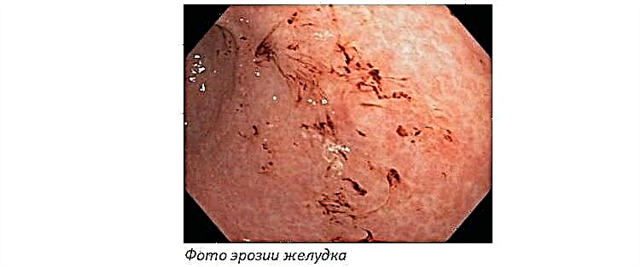Cardialgia (literally translated from Latin as "heartache") is pain in the region of the heart, which is not associated with physical activity and is not relieved by taking nitrates (for example, "Nitroglycerin"). It is accompanied by a feeling of numbness, tingling, compression and pressure in the chest, most often in the left side of the chest, less often in the right. An attack can be short-term (a few seconds), temporary (from a few seconds to hours), and long-term (days, weeks, months). Pain is not an independent pathology, but only a manifestation of abnormal processes in the human body, which impairs the patient's comfort and quality of life.
The connection of sore throat with heart disease
 Tonsillopharyngitis is the most common infectious disease of the oropharynx, in which the mucous membrane of the palatine tonsils becomes inflamed. Suppuration of adjacent tissues often develops, and if tonsillitis is caused by beta-hemolytic streptococcus and there are no antibiotics in the treatment regimen, the patient's condition is complicated by acute rheumatic fever or glomerulonephritis.
Tonsillopharyngitis is the most common infectious disease of the oropharynx, in which the mucous membrane of the palatine tonsils becomes inflamed. Suppuration of adjacent tissues often develops, and if tonsillitis is caused by beta-hemolytic streptococcus and there are no antibiotics in the treatment regimen, the patient's condition is complicated by acute rheumatic fever or glomerulonephritis.
Pain in the heart with angina is an optional symptom, it appears after two to three weeks. This sign indicates the need to consult a doctor for differential diagnosis of rheumatism and the appointment of starting therapy.
Rheumatic fever appears in 3% of cases after tonsillopharyngitis of streptococcal etiology. It damages the connective tissue of blood vessels and joints, sometimes antigens are produced to the cells of the heart muscle (cardiomyocytes). The heart is affected, on average, in 50-80% of newly diagnosed patients and in 100% of patients with a repeated episode of fever.
The above mechanisms lead to the development of inflammatory processes that cause necrosis (necrosis) of the heart, after which scars are formed on the walls of the chambers and valves. Subsequently, the mechanism of blood transport along the cardiovascular system is disrupted. A person feels a rapid heartbeat, shortness of breath due to a lack of blood oxygen supply to the organs.
Prevention of complications
The best treatment is prevention. Since tonsillitis is an infectious disease, contact with patients is avoided, and if this is inevitable, it is recommended to use personal masks, individual cutlery. At the same time, it is ineffective to strengthen the body's defense with antiviral drugs, take vitamins or other medications to improve immunity, since the etiology of the disease is more often of bacterial origin.

Vaccination, rational duration of work and rest, adequate indoor microclimate are of great importance.
If sore throat cannot be avoided, urgently consult a doctor to confirm the diagnosis and prescribe subsequent therapy. When tonsillitis is diagnosed, antibiotics are required, because it is much more difficult to get rid of complications from the cardiovascular system without them. To do this, adhere to the prescribed treatment, regimen and diet. It is forbidden to stop taking medications without permission, ending the use of antibiotics when the condition improves, since the disease leads to complications.
Tonsillopharyngitis is taken seriously. After the transferred infection in the first days, they are wary of hypothermia and stress, since the body has not yet had time to get stronger.
Conclusions
Cardiomyalgia (pain in the heart muscle) is just a complex of symptoms that may not pose a threat to life. But one cannot ignore such situations. In any of these cases, go to your doctor for additional tests and further treatment.
After suffering a sore throat, heart pain in half of the cases indicates the development of complications. The likelihood of diagnosing rheumatism or rheumatic fever is especially high if there is no rational antibiotic therapy in the list of prescriptions. In order to prevent such problems, it is important to follow the doctor's recommendations on adherence to the regimen and taking prescribed medications.



